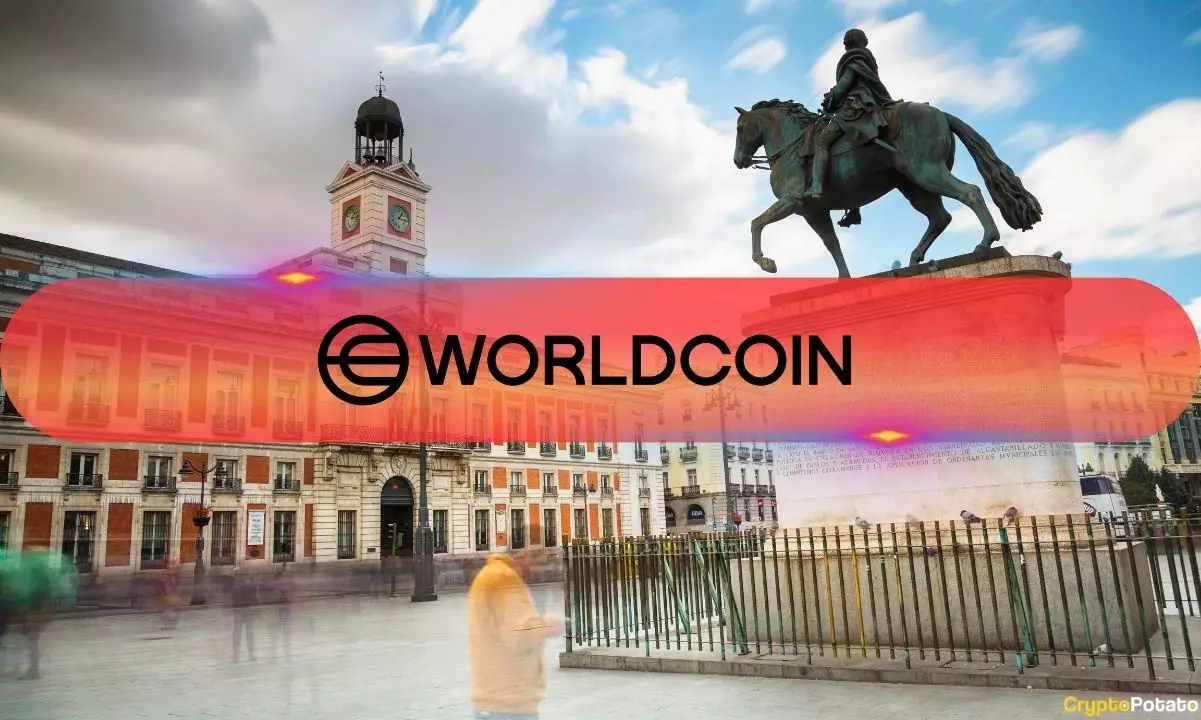The Spanish data protection regulator, AEPD, recently issued a directive to Worldcoin instructing the company to cease the collection of personal data in Spain. This decision comes after a series of complaints were lodged against Worldcoin, raising concerns about the transparency of their data processing practices. In particular, there have been questions about the accuracy of information provided by the project, the collection of data from minors, and the lack of mechanisms for users to withdraw their consent. As a result, Worldcoin has been given a 72-hour deadline to demonstrate compliance with the regulator’s instructions.
Spain’s actions against Worldcoin mark the first instance of a European country taking a stance on the company’s data collection practices. AEPD Director Mar España Martí emphasized the particular concern surrounding Worldcoin’s gathering of personal data from minors. This move highlights the broader issue of data protection and privacy within the European Union. The General Data Protection Regulation (GDPR) sets strict guidelines for entities handling personal data in the EU, demanding a legitimate legal basis for processing such information.
Apart from the regulatory scrutiny in Spain, Worldcoin is also under investigation in Hong Kong. The Privacy Commissioner’s Office has conducted inquiries at various locations across the city linked to the project. The focus of the investigation is on potential violations of the Personal Data (Privacy) Ordinance, particularly in relation to the handling of sensitive personal information by Worldcoin. This global attention underscores the importance of data protection regulations in safeguarding individuals’ privacy rights.
Conflict with Elon Musk and OpenAI
Worldcoin’s troubles extend beyond regulatory challenges to include conflicts within its leadership. Elon Musk, CEO of Tesla, filed a lawsuit against OpenAI, a company closely associated with Worldcoin, for allegedly breaching their original contract. Musk accused OpenAI of straying from its mission of developing responsible artificial intelligence and becoming unduly influenced by its major investor, Microsoft Corp. In response, OpenAI dismissed Musk’s claims as an attempt to exert control over the company’s direction.
Worldcoin’s data collection controversy highlights the complexities surrounding personal data protection and privacy in the digital age. The regulatory actions taken in Spain and Hong Kong, coupled with internal disputes within the company, underscore the challenges faced by entities seeking to navigate the intricate landscape of data governance. As debates around data ownership and control continue to evolve, it is crucial for organizations like Worldcoin to prioritize transparency, accountability, and compliance with global data protection standards.

